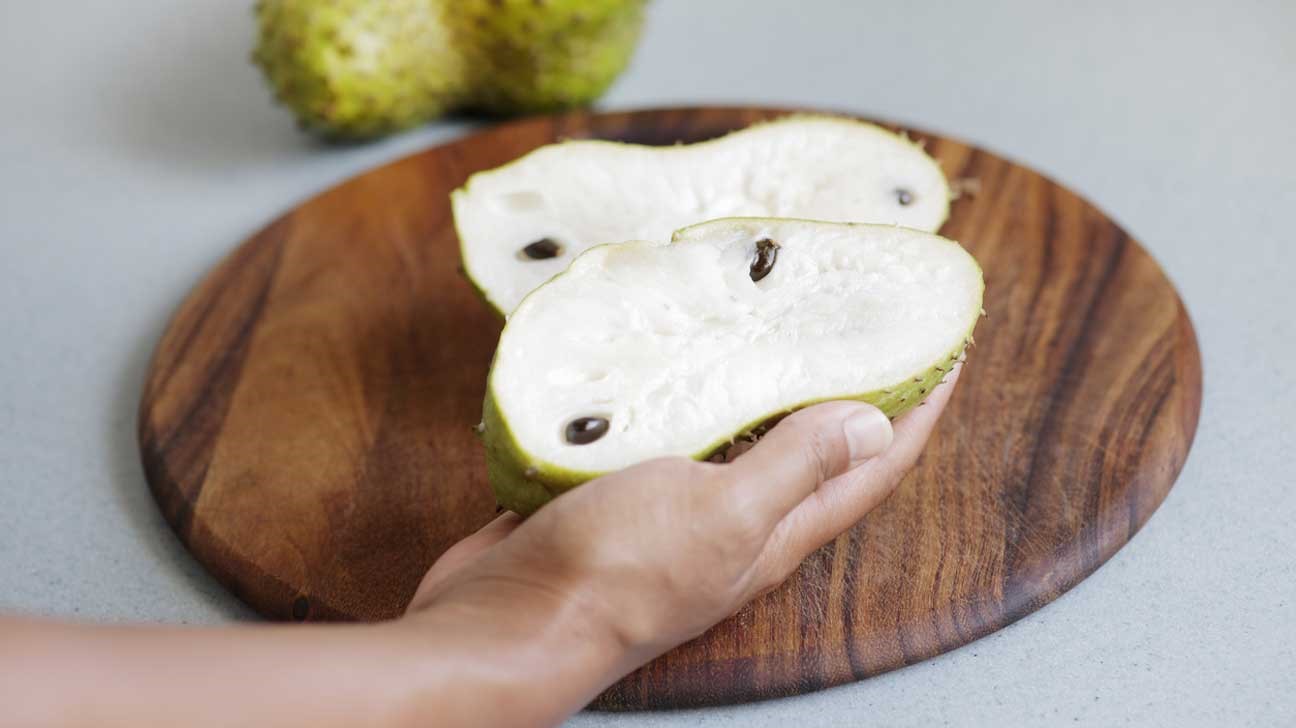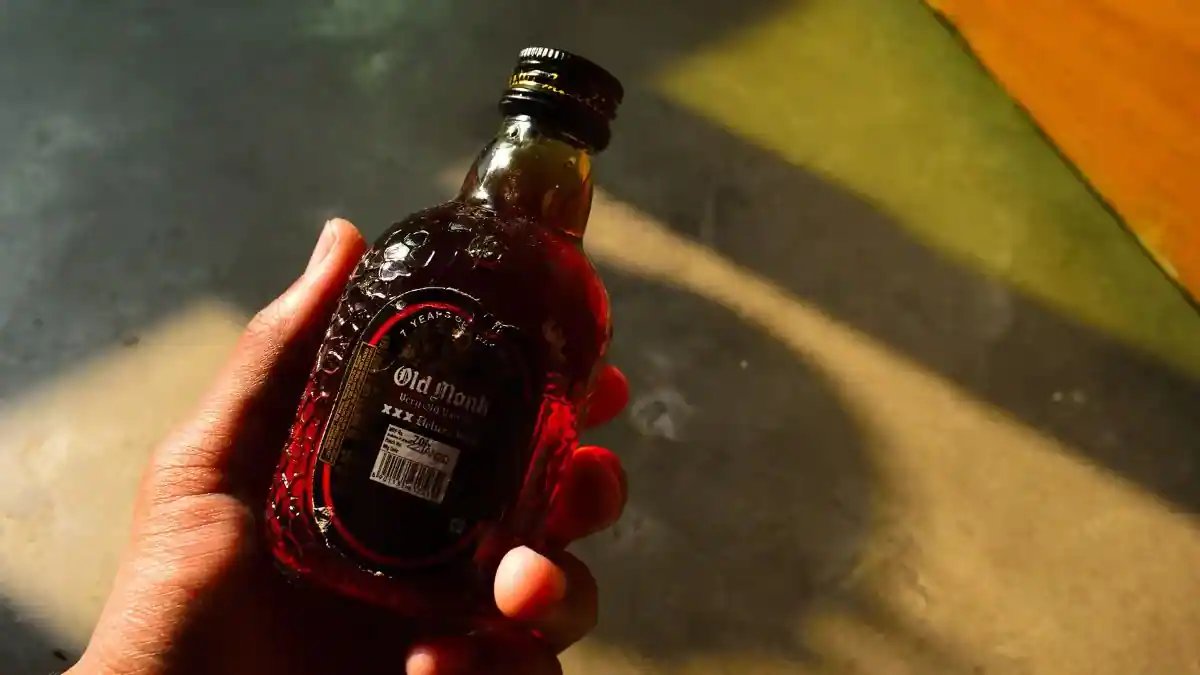Discover the Delightful Ways to Enjoy Stones Green Ginger Wine
Welcome to the wonderful world of Stones Green Ginger Wine! This unique and flavorful beverage has been enjoyed for generations, and there are countless ways to savor its distinctive taste. Whether you’re a seasoned ginger wine enthusiast or a curious newcomer, there’s a perfect way for everyone to enjoy this delightful drink.
1. Sip It Chilled
One of the simplest and most refreshing ways to enjoy Stones Green Ginger Wine is to sip it chilled. Pour a generous amount of the wine into a glass filled with ice, and savor the invigorating blend of ginger and spices with every sip. The cool temperature enhances the flavors and makes for a truly satisfying experience.
2. Mix It Up
If you’re feeling a bit more adventurous, why not try mixing Stones Green Ginger Wine into a delicious cocktail? Its bold and spicy profile makes it a versatile ingredient that can add a unique twist to classic drinks. Consider combining it with lemonade, soda water, or even a splash of whiskey for a one-of-a-kind libation.
3. Pair It with Food
Stones Green Ginger Wine isn’t just for sipping on its own – it also pairs wonderfully with a variety of foods. Its zesty and aromatic qualities make it a fantastic companion to spicy dishes, rich cheeses, and even desserts. Consider serving it alongside a cheese platter or drizzling it over vanilla ice cream for a delightful treat.
4. Get Creative in the Kitchen
For those who love to experiment in the kitchen, Stones Green Ginger Wine can be a fantastic addition to a range of recipes. From marinades and glazes to sauces and desserts, the possibilities are endless. Consider using it to add a burst of flavor to your favorite dishes and discover a whole new world of culinary delights.
5. Host a Tasting Party
Why not gather your friends and family for a Stones Green Ginger Wine tasting party? Encourage everyone to bring their favorite food pairings and cocktail recipes, and spend an evening exploring the many ways to enjoy this beloved beverage. It’s a fantastic way to share your love for ginger wine and discover new and exciting ways to savor it.
Whether you prefer it chilled, mixed, or paired with food, there’s no shortage of delightful ways to enjoy Stones Green Ginger Wine. Its bold and distinctive flavor makes it a versatile and exciting addition to any gathering or quiet evening at home. So go ahead, pour yourself a glass and savor the unique taste of this timeless classic.
Exploring Culinary Delights with Stone’s Green Ginger Wine
Having savored the rich and spicy notes of Stones Green Ginger Wine, it’s exciting to extend its use beyond the glass and into the kitchen. Among the myriad culinary possibilities, certain recipes stand out for their unique flavors and easy integration of this zesty beverage. Highly recommended is the Ginger Wine Glazed Ham for a succulent twist on a classic dish, where the wine's spice complements the ham’s sweetness perfectly. For dessert lovers, the Ginger Wine Chocolate Truffles offer a decadent treat, with the ginger wine adding a piquant kick to the silky chocolate. Don’t miss the opportunity to enhance your meals and desserts by incorporating this versatile ginger wine into your cooking repertoire.
Was this page helpful?
Read Next: How To Drink Talisker Whiskey











